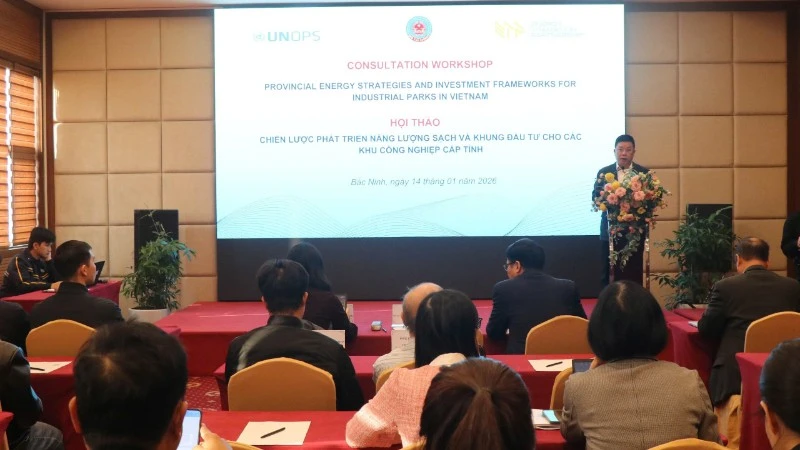This adjustment is considered a significant step to ensure policy stability, build social consensus, and further improve tax calculation methods to close loopholes that lead to revenue losses.
In earlier drafts, the Ministry of Finance had suggested taxing securities transfers at 20% of net income—that is, the selling price minus the purchase price and related expenses. However, after research, consultation, and impact assessment, the drafting body decided not to change the current system and to continue applying the 0.1% tax on the total value of each transaction.
According to the Ministry, this method is simple, transparent, and easy to implement, and it suits the nature of the securities market, where transactions occur frequently, in large volumes, and with constant fluctuations. Keeping the current tax rate also avoids disruption to the capital market at a time when the government is pushing to strengthen securities as a medium- and long-term funding channel for the economy.
At the same time, to address revenue losses from capital transfers—particularly cases where individuals fail to declare accurate purchase prices or lack documentation—the Ministry still proposes retaining two methods of tax calculation.
Another notable change is the removal of the proposed 20% tax on income from real estate transfers. Instead, the latest draft focuses on clarifying when tax obligations arise.
Currently, Article 13 of the Personal Income Tax Law stipulates that taxable income is determined at the time a transfer contract takes effect. In practice, however, sellers often authorise buyers to pay taxes on their behalf, or tax obligations are only determined when buyers register ownership or land-use rights. This inconsistency can cause delays and disputes.
To address this, the Ministry of Finance proposes adding a rule that taxable income from real estate transfers be determined either when the contract takes legal effect or when ownership or land-use rights are registered. This change is expected to align with the 2024 Land Law, improve transparency, provide a stronger legal basis for tax authorities, and reduce delays and loopholes that enable tax evasion.
The Ministry’s withdrawal of proposals to raise taxes on both securities and real estate reflects careful consideration of policy stability, market reactions, and feasibility. Instead of adjusting tax rates—which could unsettle investor sentiment and business activity—the draft focuses on clarifying calculation methods, specifying the timing of tax obligations, and diversifying approaches.
The revised Law on Personal Income Tax will continue to be finalised and is scheduled for discussion at the National Assembly’s October 2025 session. The adjustments are seen as an important step in improving personal income tax policy, ensuring state budget revenues and creating a stable, transparent investment and business environment aligned with sustainable development goals.
















